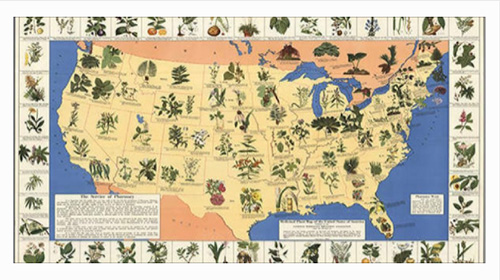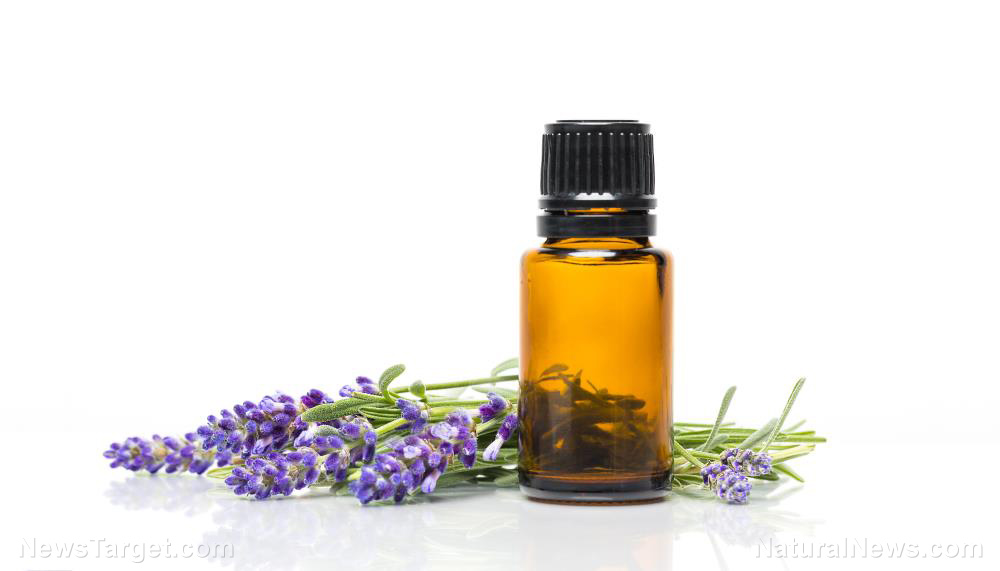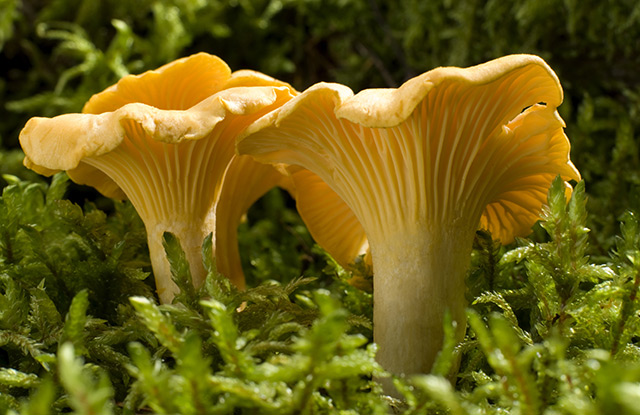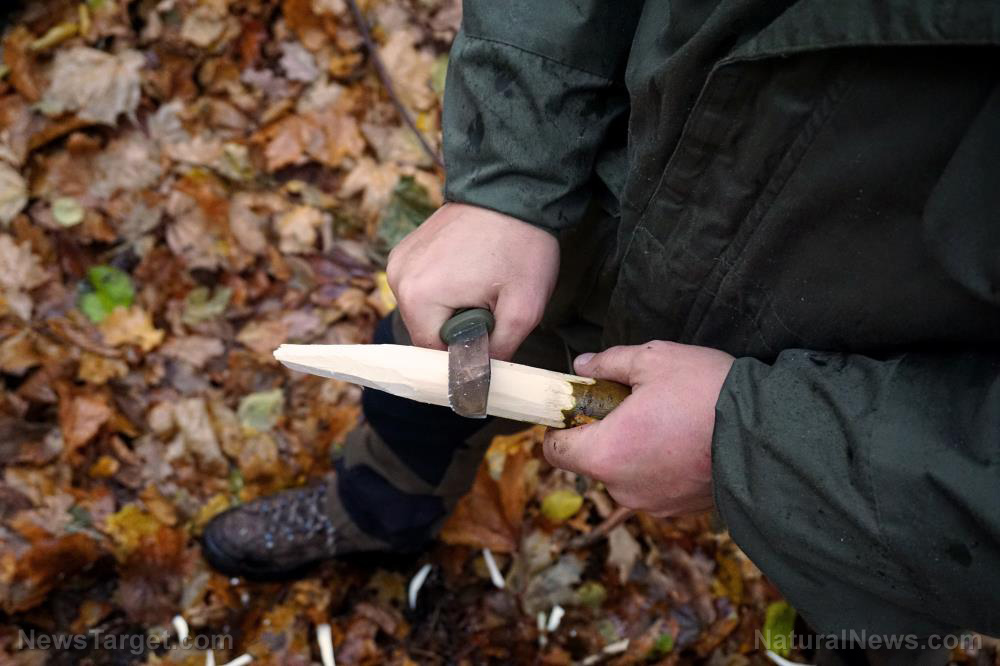10 Medicinal spices you can easily grow in your garden today
11/14/2018 / By Zoey Sky

Aside from being full of flavor, spices also offer various health benefits. Grow some or all of the medicinal spices listed below so you can cook yummier and more nutritious meals for yourself and your loved ones. (h/t to ThePreppingGuide.com)
Black mustard (Brassica nigra)
Black mustard can help prevent cancer cells from spreading in the body. It can also relieve nasal congestion and boost or restore your appetite.
To grow black mustard, sow the seeds one inch apart. Once the seeds sprout, replant them at least six inches apart.
Black pepper (Piper nigrum)
Black pepper contains antioxidants that can help fight free radicals. Free radicals are molecules that can damage cells in the body and cause diseases like cancer.
The spice can also help lower your risk of developing liver disease. Also called “black gold,” black pepper can help relieve nasal congestion and asthma.
To grow black pepper, make holes in the ground that are about half an inch deep and one to -1.5 inches apart. Put a seed in each hole, then cover it with soil. Water as often as necessary so the soil stays moist.
Cardamom (Elettaria cardamomum)
Cardamom can help prevent the spread of cancer cells. It can also help prevent inflammation, regulate blood pressure, and soothe a stomachache.
To grow cardamom, bury the spice in warm humus soil about ?-inch deep. Keep the soil moist, and transfer the plant once two leaves sprout from the seed.
Cayenne pepper (Capsicum annuum var. acuminatum)
Crushed cayenne pepper can be used externally as a topical remedy for sore muscles and joint pain. When consumed, cayenne pepper can help detoxify the body. It also makes a good natural remedy for pests.
To grow cayenne pepper, which is a tropical plant, place seeds in pots and keep them sheltered on cold days.
Chili peppers (Capsicum annuum)
Chili peppers can boost your metabolism, and this helps burn calories. Chili peppers can also keep your blood vessels healthy.
To grow chili peppers, let them germinate in a warm and airy location. Sow the seeds in moist compost, then cover with vermiculite.
Cinnamon (Cinnamomum verum)
Cinnamon has properties that can help the body fight infections. It can also prevent high blood pressure and high cholesterol. Cinnamon is a superfood that’s also good for your heart and blood sugar.
To grow cinnamon, you will need silica-rich sandy soil. Cover the seed with some soil, then water it lightly. Unless the top of the soil is dry, cinnamon doesn’t require frequent watering. Prune the tree to maintain a height of about three to eight feet.
Cumin (Cuminum cyminum)
Rich in iron, cumin can help promote weight loss. One teaspoon of ground cumin contains 17.5 percent of the Reference Daily Intake (RDI) of iron for adults.
To grow cumin, you will need to plant in spring or early summer so it gets three to four months of warm summer weather, or about 29 C. Sow the seed in rows of well-drained soil spaced at least two feet apart or start seeds in pots, and transplant after the last spring frost.
Garlic (Allium sativum)
Garlic can help keep the cardiovascular system healthy. It also contains enzymes that can protect the brain from infection and flush toxic metals from the body.
To grow garlic, bury a clove in any kind of soil. Garlic doesn’t require too much maintenance. Water the clove once a day when it’s sunny.
Ginger (Zingiber officinale)
Ginger can help treat various stomach ailments. It can also promote good digestion and reduce inflammation.
To grow ginger, place the plant in a container inside your home. Since ginger is a tropical plant, it won’t survive in extremely cold weather.
Turmeric (Curcuma longa)
Consuming turmeric can help promote good digestion and protect the brain from infection. This spice can also help prevent colds and the flu. Additionally, turmeric can also minimize swelling and help ease stomach pain. When applied externally, turmeric can heal cuts. (Related: An easy guide for growing organic turmeric indoors.)
To grow turmeric, which has a high tolerance for hot weather, plant it in less shaded parts of your garden. Keep the soil moist.
Grow these medicinal spices in your home garden and cook with them whenever you can to enjoy the different health benefits that they offer.
You can read more articles with tips on how to grow medicinal herbs and spices at HomeGardeningNews.com.
Sources include:
Tagged Under: Food storage, food supply, functional foods, gardening, home garden, Homestead, homesteading, medicinal spices, off grid, organics, preparedness, prepper, prepping, Spices, survival, survival food, survivalist, sustainable living, turmeric



















